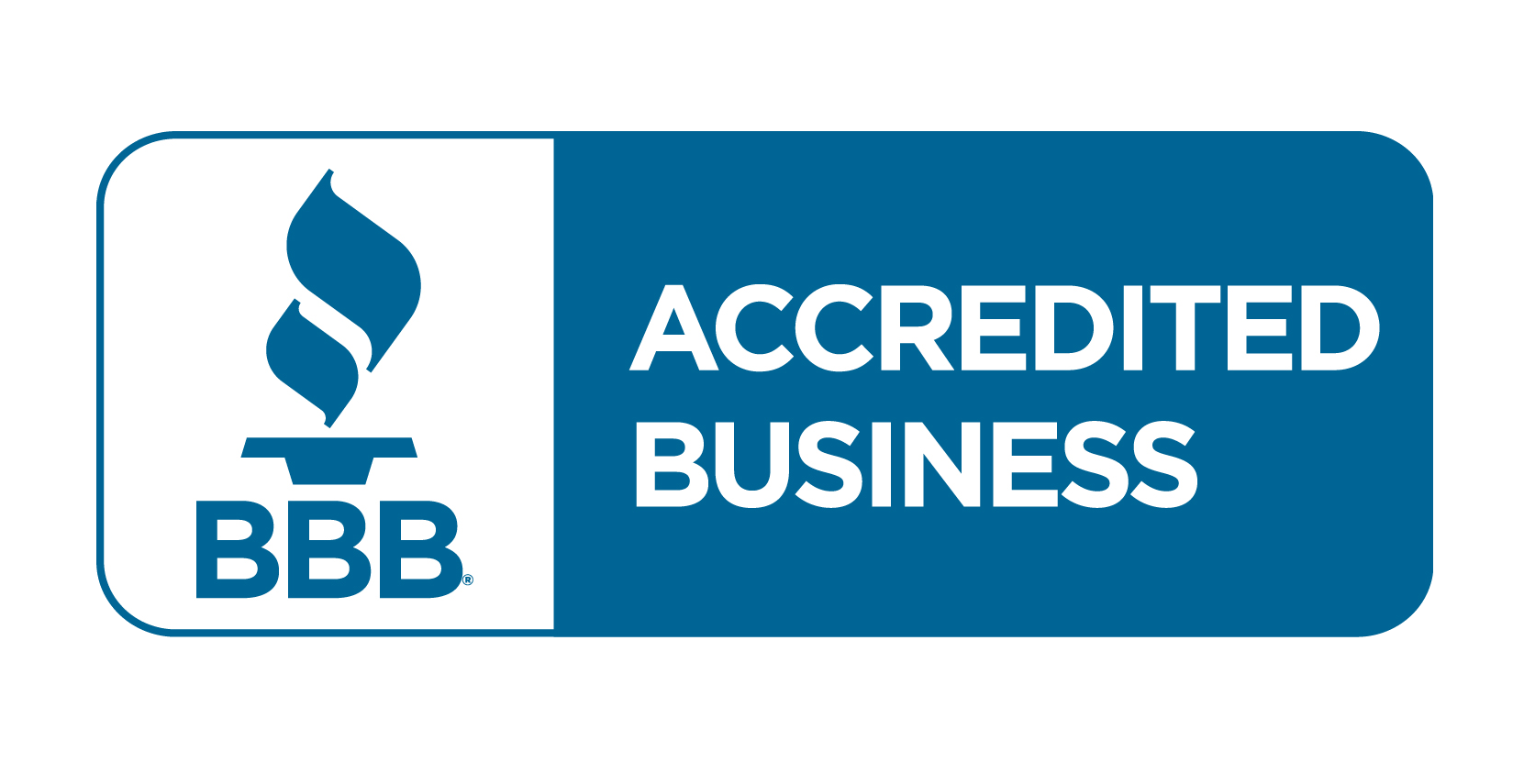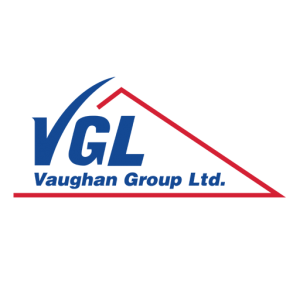What Is An Association?
If you’re looking to own a home or condo, you might have noticed that many properties have something called a Homeowners Association or Condo Association.
With one in four Americans currently living in some type of homeowners association, condo association, or private community, these terms are very common. So what exactly do they do, and how are they different from each other? In this article, we’ll cover everything you need to know about these types of associations so you can make the best decision when purchasing your next property.
What Is An Association?
An association is a legally formed group made up of homeowners or condo owners. The homeowner association is often run by a board, who make decisions on the homeowner’s behalf about things like building maintenance and upkeep, landscaping, insurance coverage (if applicable), parking rules, security measures, and contracts—just to name a few. The group leaders are typically elected into the group, but this might not be true for every association, depending on the bylaws.
These types of associations begin after a community is formed and are typically created as a non-profit organization. Within the organization is the Board of Directors, or leadership team that runs the association. When you purchase into a condo or home, you automatically become a homeowner or condo association member. Typically once the community begins to grow, the community developer will hand over the association to the residents of the community.
How Do Association Fees Work?
To join a community, you’ll have to pay fees each month. The association will use these fees to maintain common areas, upkeep the site, and pay for shared utilities. This is not an optional fee. When you agree to live in a condo association or homeowner association, you agree that you’ll pay this fee each month.
The fees you’ll have to pay each month depends on various factors, including where the neighborhood is located, how many amenities your community includes, and any future projects in the pipeline (like adding structures, new amenities, or replacing/redoing landscape features). On average, these costs can be anywhere between $150 to $400 a month.
If you don’t pay your fees on time, the property management company or board can impose penalties and late fees on this amount. The lack of payments can cause you to lose access to shared amenities until you pay up. Eventually, when those fees add up, the association can file a foreclosure on your home or condo, so it’s essential to ensure you’re up to date on your association fees.
What Do Association Board Members Do?
Association board members make decisions for the entire community and typically don’t get paid to do so. These types of boards are responsible for electing new homeowners into the group, collecting dues (fees that all owners must pay), making financial plans for significant projects like roof repairs or landscaping changes, voting on any code violations within your home or condo, enforcing the rules put in place by the homeowner’s association and more! Depending on the specific role, they may have additional duties than what is listed above.
Since all board members work under the association, they are not personally liable for their actions, as long as they were working in the best interest of the association. However, most communities will instead look for a qualified property management firm to instead run the community because of their expert experience in creating and maintaining thriving condos and home communities.
Benefits Of Living In A Community With An Association
There are many benefits to living in a homeowner or condo association. These associations can ensure that upkeep is done on the property, offer security for your home and neighborhood (like cameras), give you access to amenities like pools, gyms, gardens, tennis courts—and more! Depending on how big of a community there is will determine if it has these types of luxury features.
On top of that, you won’t have to worry about your neighbors lowering the property value in your home because there are rules in place that state what you can and cannot do with the property. For example, there will be guidelines established for when it comes to painting, landscaping, or adding onto your property (if applicable). This means that you typically won’t see unmowed lawns, RVs parked in the front yard or any other unattractive problems in your community that could impact your ability your home or condo value.
These homeowner associations also offer social opportunities like block parties, dinners at local restaurants, holiday gatherings—and more! Since all of these homes are in one area together in close proximity to each other, naturally, friendships will form between neighbors. In addition, these types of communities typically have a homeowner’s association website where residents can sign up for events they want to attend.
Disadvantages Of Living In A Community With An Association
While homeowner and condo associations can offer a lot of benefits, it’s not for everyone. Many people prefer living by themselves or with their families without worrying about what they’re doing in the home or how much noise they make outside on the property, or how they want to decorate their property.
Is A Homeowners Association Different Than A Condo Association?
Yes! While these terms have sometimes been used interchangeably, there are some significant differences between the two types of associations that you should be aware of, including the type of ownership role you’ll have and what you own.
Within a homeowner’s association, each individual will own their lot and individual property. The homeowner’s association owns common areas, such as pools, grills, parks, and more, meaning that you don’t have a joint interest in the common areas. On the other hand, in a condo association, each member owns their unit but has joint ownership in the common areas. So, for example, condo owners have ownership in the condo’s gym, pool, or lobby.
Choosing The Right Property Management Company For Your Condo or Homeowners Association
The property management company you choose will be instrumental in how successful your association becomes when it comes to homeowner or condo associations. It’s essential that these companies understand how homeowner and condo associations work so they can adequately manage them for each homeowner and provide a higher level of service overall.
At Vaughan Group, We are ready to work for you. Let our experienced team of property managers help guide your community through the process of creating a successful community, tackling management duties so that you can focus on other essential tasks. Get in touch with us today and experience the difference a VGL property manager can make for your HOA or condo association!






